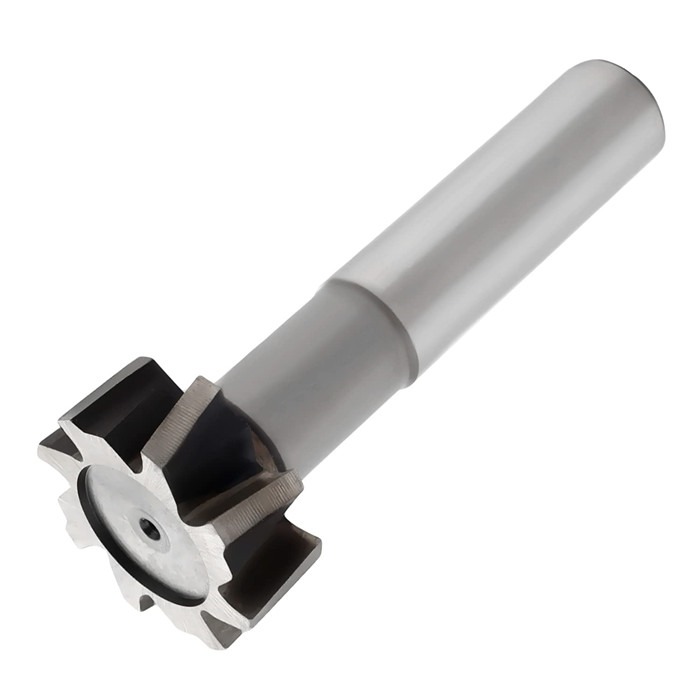milling collet chuck Factories
Finding the right milling collet chuck factories can be challenging. This guide explores the critical factors to consider when selecting a manufacturer, including types of collet chucks, material quality, precision, application suitability, and key manufacturers. Understand the industry landscape and make an informed decision for your machining needs.
Understanding Milling Collet Chucks
A milling collet chuck is a workholding device used in milling machines to securely hold cutting tools. The collet, a slotted sleeve, collapses tightly around the tool shank when the nut is tightened, providing precise centering and grip. Different types exist for various applications and tool shank sizes.
Types of Milling Collet Chucks
- ER Collet Chucks: The most common type, offering a wide range of collet sizes and excellent clamping force. Versatile for various milling operations.
- TG Collet Chucks: Known for their high clamping force and rigidity, suitable for heavy-duty machining and high-speed cutting.
- DA Collet Chucks: Designed for small diameter tools and intricate machining operations, providing high precision and concentricity.
- 5C Collet Chucks: Primarily used for lathe work, but adaptable for milling applications where a robust and rigid setup is required.
Key Considerations When Choosing a Milling Collet Chuck Factory
Selecting the right milling collet chuck factory requires careful evaluation. Consider the following factors to ensure you get the best quality and value.
Material Quality and Manufacturing Processes
The quality of the materials used in manufacturing milling collet chucks directly affects their durability and performance. Look for factories that use high-grade alloy steel, hardened and ground to precise tolerances. The manufacturing process should include heat treatment, tempering, and precision grinding to ensure dimensional accuracy and longevity.
Precision and Runout
Precision is paramount in milling operations. A milling collet chuck with low runout (deviation from true center) ensures accurate cutting and extends tool life. Inquire about the factory's testing procedures and ask for runout specifications. A runout of 0.0002' or less is generally considered excellent.
Clamping Force and Rigidity
High clamping force is essential for secure tool holding, especially in demanding milling applications. Rigidity minimizes vibration and chatter, leading to improved surface finish and reduced tool wear. Compare the clamping force specifications of different chuck models from different milling collet chuck factories.
Application Suitability
Consider the specific milling applications for which you need the collet chucks. Different chuck types are better suited for certain tasks. For example, ER collet chucks are versatile for general milling, while TG collet chucks are ideal for heavy-duty machining. Ensure the factory offers a range of chucks to meet your diverse needs.
Factory Certifications and Quality Control
Look for factories with ISO 9001 certification or other relevant quality management system certifications. These certifications indicate that the factory adheres to established quality control procedures and maintains consistent product quality. Also, inquire about their inspection processes and testing equipment.
Top Milling Collet Chuck Factories
While a comprehensive list is difficult due to constant market changes, several well-regarded milling collet chuck factories are known for their quality and reliability. Always conduct thorough research and request quotes from multiple suppliers.
Wayleading Tools
Wayleading Tools is a reputable manufacturer specializing in high-precision milling collet chucks and related tooling. Known for their commitment to quality and innovation, they offer a wide range of products designed to meet the demanding needs of modern machining. For more information, visit www.wayleading.com.
Other Notable Factories
Due to nondisclosure agreements and variations in regional availability, we cannot publicly list all factories. However, resources such as industry directories (ThomasNet, Kompass) and trade shows are excellent avenues for discovering potential suppliers.
Milling Collet Chuck Selection Guide
Use this guide to help you select the right milling collet chuck for your application. Always consult with a qualified machinist or tooling expert for specific recommendations.
| Chuck Type | Typical Applications | Advantages | Disadvantages |
|---|---|---|---|
| ER Collet Chuck | General milling, drilling, tapping | Versatile, wide range of collet sizes, good clamping force | Lower clamping force than TG collets |
| TG Collet Chuck | Heavy-duty milling, high-speed cutting | High clamping force, rigid, good for aggressive machining | Limited collet size range, can be more expensive |
| DA Collet Chuck | Small diameter tools, precision machining | High precision, excellent concentricity, good for intricate details | Lower clamping force, not suitable for heavy cutting |
Conclusion
Choosing the right milling collet chuck factories involves considering material quality, precision, application suitability, and factory certifications. By carefully evaluating these factors, you can select a supplier that meets your specific needs and provides high-quality milling collet chucks for optimal machining performance.
Disclaimer: This article provides general information and should not be considered a substitute for professional advice. Always consult with qualified experts before making any decisions related to machining or tooling.
Related products
Related products
Best selling products
Best selling products-
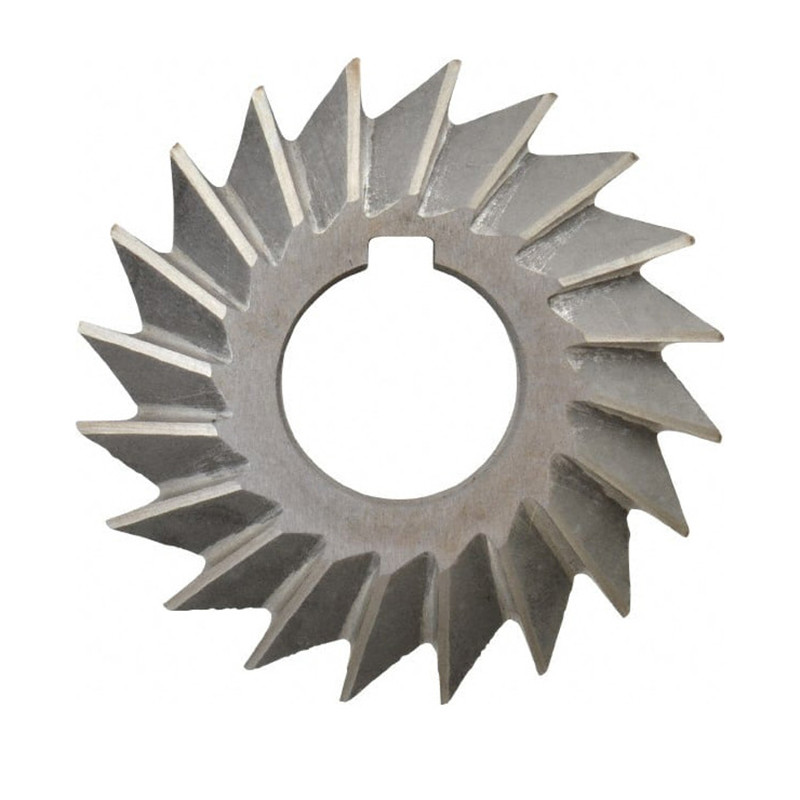 HSS Inch & Metric Single Angle Milling Cutter For Industrial With Bright Or TiN Coated
HSS Inch & Metric Single Angle Milling Cutter For Industrial With Bright Or TiN Coated -
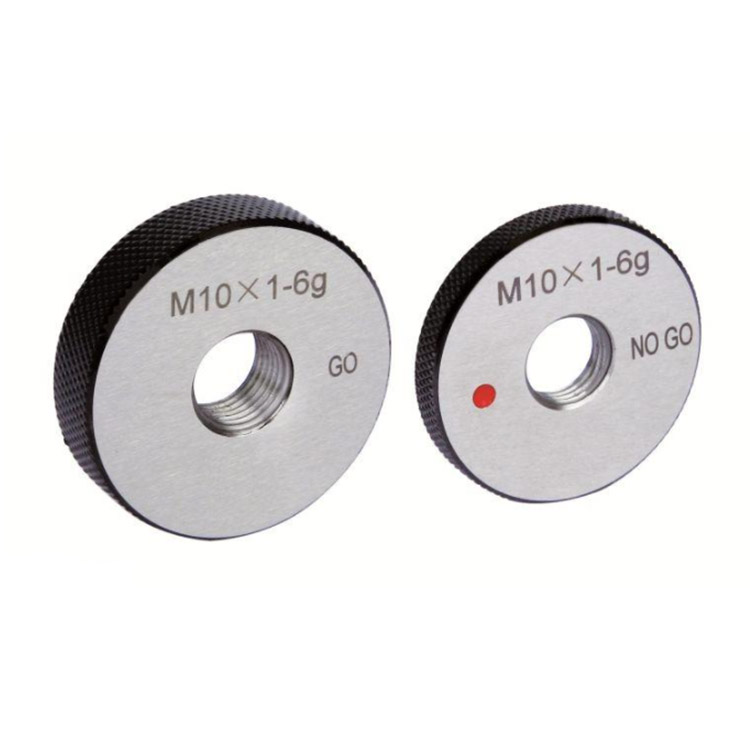 Metric Thread Ring Gauge 6g Accuracy With Go & NO Go
Metric Thread Ring Gauge 6g Accuracy With Go & NO Go -
 HSS Shell End Mill Cutter With Bright & TiN Or TiAlN Coated
HSS Shell End Mill Cutter With Bright & TiN Or TiAlN Coated -
 Metric HSS Step Drills With Straight Flute
Metric HSS Step Drills With Straight Flute -
 Digital Depth Gauge With Stainless Steel For Industrial Type
Digital Depth Gauge With Stainless Steel For Industrial Type -
 Precision Monoblock Vernier Caliper – Metric & Inch, Industrial Use
Precision Monoblock Vernier Caliper – Metric & Inch, Industrial Use -
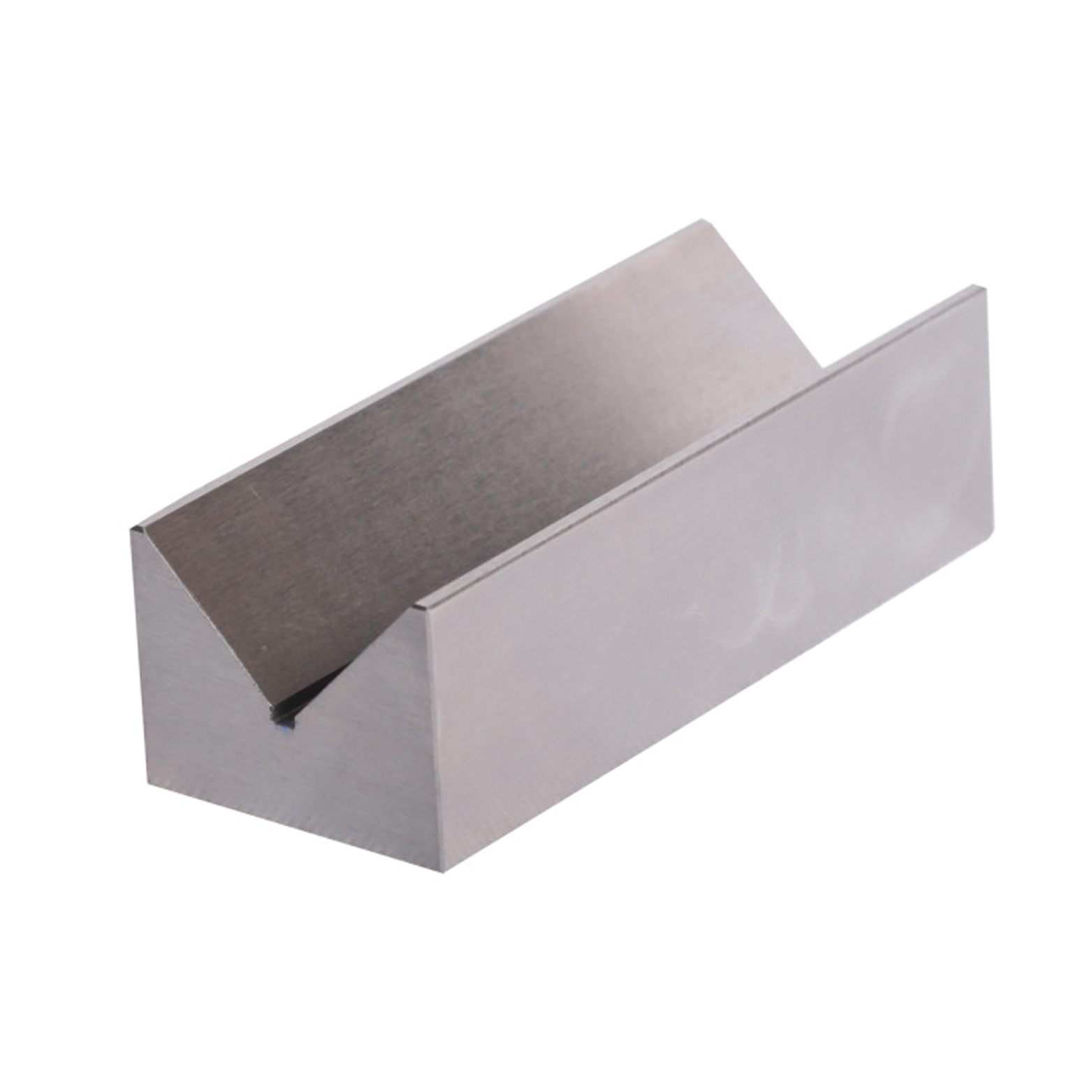 Precision V Block Set With Industrial Type
Precision V Block Set With Industrial Type -
 HSS Inch Convex Milling Cutter For Industrial
HSS Inch Convex Milling Cutter For Industrial -
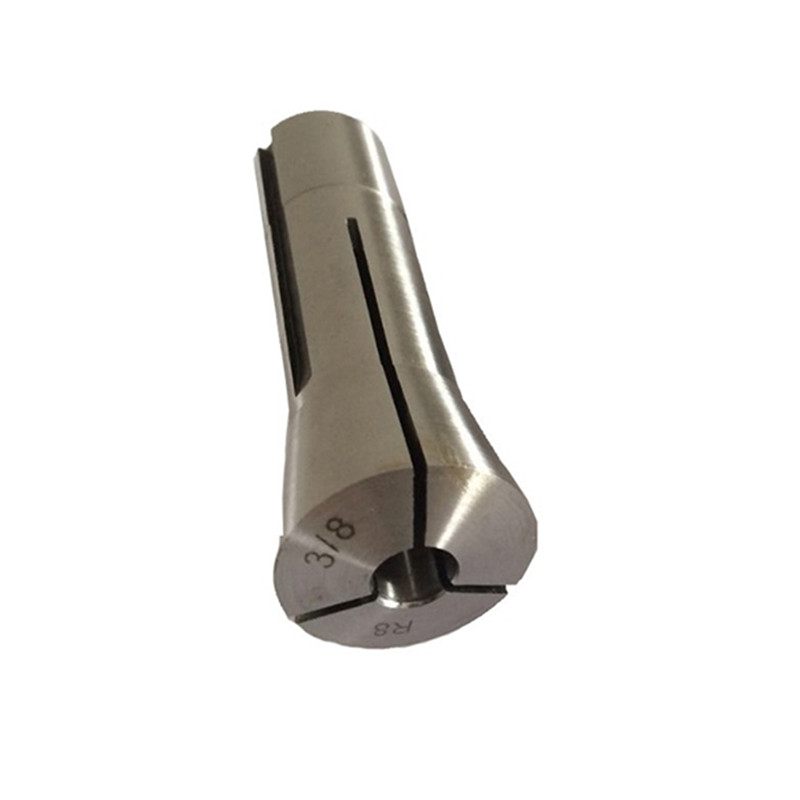 R8 Round Collet With Inch and Metric Size
R8 Round Collet With Inch and Metric Size -
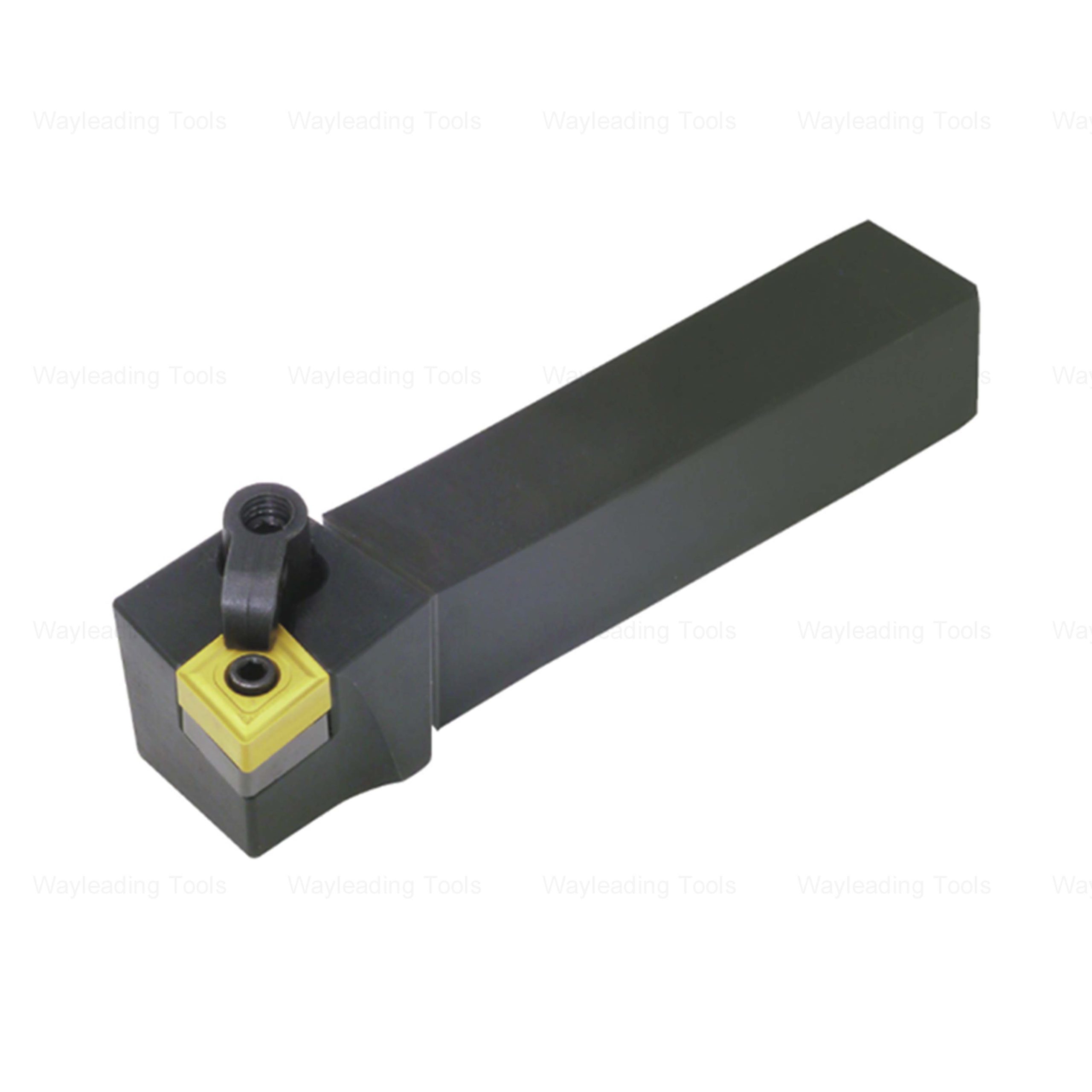 MCLN Indexable Turning Tool Holder
MCLN Indexable Turning Tool Holder -
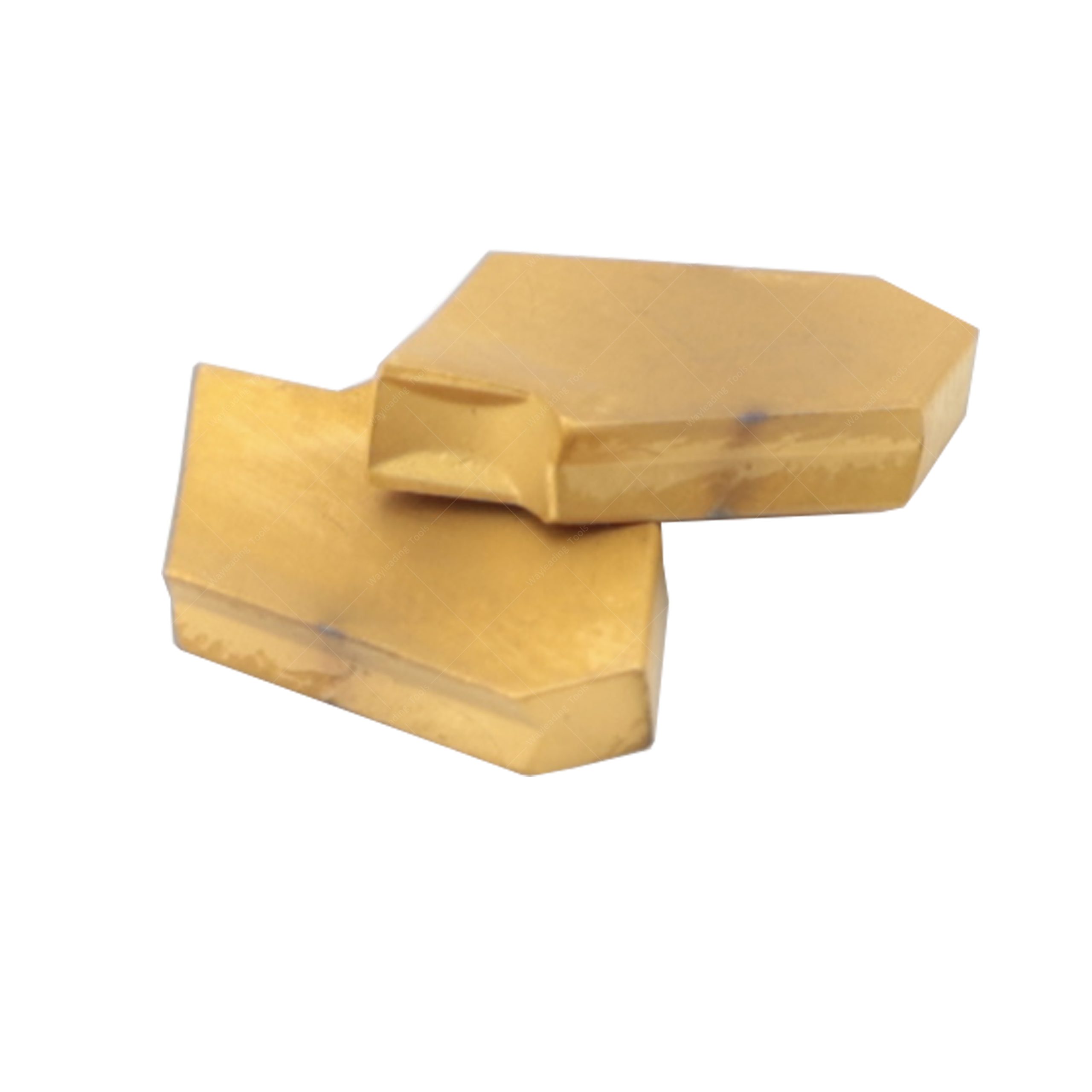 GTN Parting & Grooving Insert For NCIH Blade
GTN Parting & Grooving Insert For NCIH Blade -
 Precision 10pcs & 12pcs Angle Blocks Set With High Quality Type
Precision 10pcs & 12pcs Angle Blocks Set With High Quality Type
Related search
Related search- index fixture Manufacturers
- PSRN turning tool holder Factories
- american dryseal taper pipe full profile threading insert
- tcmt insert Manufacturers
- iso metric full profile threading insert Supplier
- MSSN turning tool holder Suppliers
- 45 degree indexable end mills Factory
- Wholesale r8 collet set
- 123 block Manufacturer
- nptf threading insert Factory


